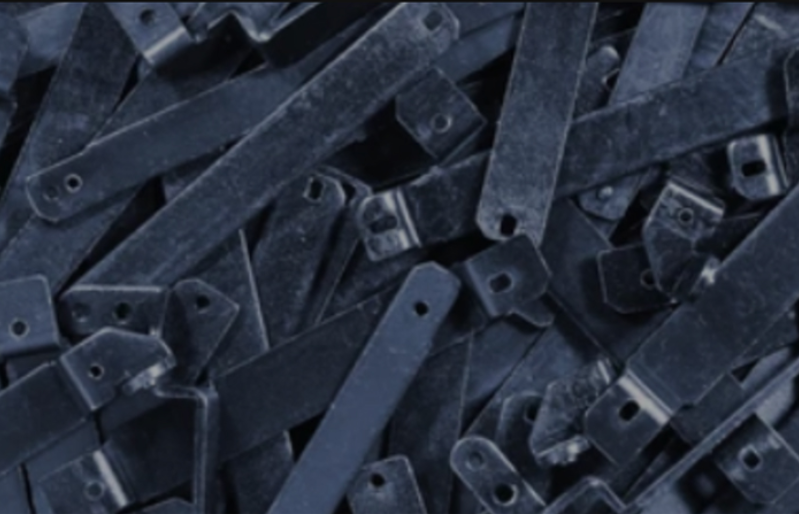Introduction:
Aluminum machining plays a crucial role in the precise manufacturing of aluminum components. With its abundant availability, light weight, and excellent mechanical properties, aluminum has become a preferred material choice in various industries such as automotive, aerospace, and electronics. This article will explore the process of aluminum machining, its importance, and the various techniques involved.
Importance of Aluminum Machining:
Aluminum machining involves the use of specialized tools and techniques to shape and manipulate aluminum into desired components. It is essential for creating precise and high-quality aluminum parts that meet the specific requirements of different industries. Aluminum components manufactured through machining have excellent dimensional accuracy, tight tolerances, and a smooth finish, making them suitable for critical applications.
Process of Aluminum Machining:
1. Design: The process of aluminum machining begins with the design phase. Engineers and designers create detailed 3D models using computer-aided design (CAD) software. The design includes the dimensions, features, and specifications required for the aluminum component.
2. Material Selection: Once the design is finalized, the appropriate aluminum alloy is selected based on the specific application. Different aluminum alloys have varying properties, such as strength, corrosion resistance, and thermal conductivity, which impact the machining process.
3. Machining Techniques: Aluminum machining involves several techniques depending on the complexity and specifications of the component. Some common machining techniques include:
– Turning: In turning, the aluminum component rotates while a cutting tool removes excess material, resulting in a cylindrical shape.
– Milling: Milling uses rotary cutters to remove material from the aluminum component. It can create various shapes, slots, and holes.
– Drilling: Drilling creates holes in the aluminum component using a rotating cutting tool.
– Grinding: Grinding is used to achieve a smooth surface finish on the aluminum part by removing any surface imperfections.
– Tapping: Tapping creates internal threads in the aluminum component, allowing it to be screwed into other parts.
4. CNC Machining: Computer Numerical Control (CNC) machining is widely used in aluminum machining. It utilizes computer-controlled machines to automate the machining process, resulting in precise and repeatable results. CNC machines can perform multiple machining operations, such as turning, milling, and drilling, with high efficiency.
Advantages of Aluminum Machining:
Aluminum machining offers several advantages, making it a popular choice for component manufacturing:
1. Lightweight: Aluminum is a lightweight material, making the resulting components ideal for applications where weight reduction is essential, such as in the automotive and aerospace industries.
2. High Strength-to-Weight Ratio: Despite its lightweight nature, aluminum has high strength and durability, ensuring reliable performance in demanding environments.
3. Corrosion Resistance: Aluminum exhibits excellent corrosion resistance, making it suitable for applications exposed to harsh environments or corrosive substances.
4. Thermal Conductivity: Aluminum has excellent thermal conductivity, allowing for efficient heat dissipation in electronic devices and heat exchangers.
Conclusion:
Aluminum machining is a vital process in the precise manufacturing of aluminum components. The ability to shape aluminum into complex geometries with tight tolerances ensures the production of high-quality parts for various industries. With its lightweight, strength-to-weight ratio, corrosion resistance, and thermal conductivity, aluminum continues to be a preferred material choice. By utilizing advanced machining techniques and CNC technology, manufacturers can meet the stringent requirements of modern applications and contribute to technological advancements.
-

- Thixomolding parts & components cell phone middle board processed
-

- OEM die-casted parts& components
-

- Magnesium Aluminium alloy die casting parts Chain cover for automotive
-

- OEM Die casting manufacturer produce magnesium alloy wheel for kids push bike
-

- Корпус силового теста из магниевого сплава Thixomolding
-

- Thixomolding magnesium parts & components mobile phone middle board

 0086-750-5616188
0086-750-5616188 +86 13392089688
+86 13392089688 sales@zhongmei-tech.com
sales@zhongmei-tech.com








